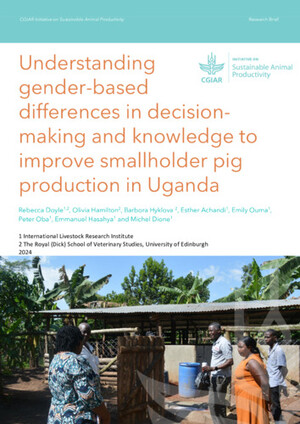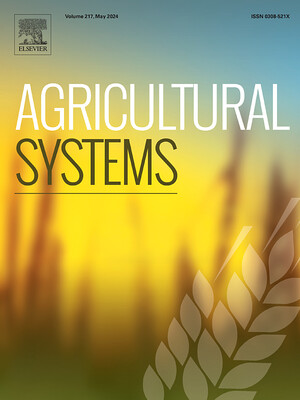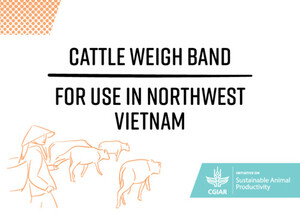
Pathways for sustainable development of mixed crop livestock systems: Taking a livestock and pro-poor approach
Abstract
Mixed crop livestock systems provide the majority of the cereal and livestock domestic products for households in developing countries. We explore the question of whether such systems can respond to increasing demands for livestock products without compromising future livelihoods of the poor or the environment. We consider how the potential of smallholder farmers to address future milk and meat demands as livestock system transition may be impacted by the trajectory of intensification, the type of livestock commodity and the changing economic circumstances. Examples of ruminant feeding and management options with the potential to increase productivity and mitigate negative environmental impacts, notably greenhouse gases and the use of land and water in the context of developing country crop livestock systems are presented. However, such technical dimensions need to be realistically and practically considered in the context of changing market demands. Furthermore, if crop livestock systems in developing countries are to benefit today's smallholder farmers, radically different approaches will be needed. Equal importance will need to be given to technology based production and efficiency enhancing dimensions together with innovative and practical approaches encompassing institutional, policy and market solutions often in a value chain context.
Citation
Tarawali, S., Herrero, M., Descheemaeker, K., Grings, E. and Blümmel, M. 2011. Pathways for sustainable development of mixed crop livestock systems: Taking a livestock and pro-poor approach. Livestock Science 139(1-2): 11-21.










